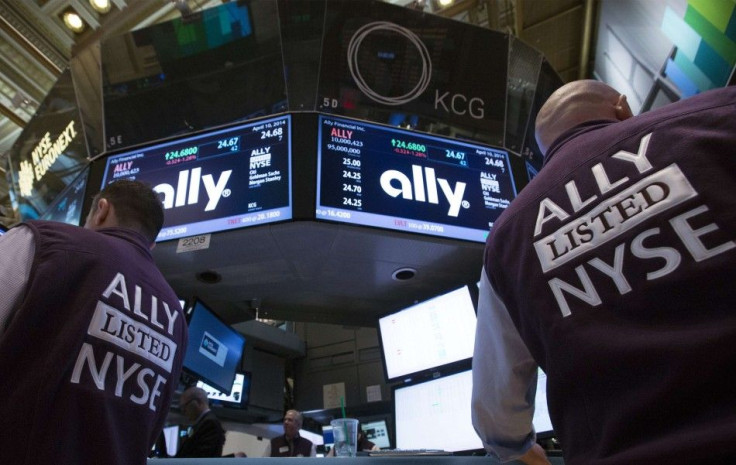Strategist says Australia is facing one-in-three risk of home-grown recession

A leading financial market strategist has warned that Australia faces a one-in-three risk of home-grown recession by 2017. Minack Advisors principal Gerard Minack said there is a heightened risk that the country’s extended run of economic growth would reach an end.
According to Minack, the recent boom in housing might have worked for the benefit of Australia following a mining bust. However, it was unclear what may support growth if housing stalls keels over. He added that it is clear housing's contribution to growth would fade next year.
A key issue is that non-mining investment doesn’t seem to fill the breach. Successive Australian Bureau of Statistics releases indicate that business investment was in an abject state pretty well since the resources boom began unwinding in mid-2014, ABC notes.
Minack forecasts that the prospects of stronger investment spending would fade if the domestic energy debacle goes on. Among the contributors of lower global gas prices could be the booming LNG exports, but they have driven up domestic prices.
Gas-fired generation also usually sets the marginal cost of electricity generation as what Minack has pointed out. “Uncertainty about medium-term energy pricing will presumably reduce the prospect of stronger investment spending in any industry where energy is a significant cost," he said. He added that there would be a material risk of recession next year if non-mining investment weakens at the same time as housing.
Meanwhile, Sydney Morning Herald noted that a delayed fallout in Australia is already showing up in the sturdy climb in underemployment, a direct contrast to countries like the United States, Europe and the United Kingdom. Data collected by AlphaBeta indicates that over the last few years, the average rate of workers who want more hours has fallen throughout those markets while underemployment in the Land Down Under sharpened.
Justin Fabo, a senior economist at AlphaBeta in Sydney, has noted that recessions do have some positives. He believes that recessions “clean the crap out of the system,” resets the cost base, improves efficiency and productivity and gives people perspective. Following the collapse of Lehman Brothers, Australia opted to deploy fiscal and policy stimulus to avoid economic contraction. The effects of recession were delayed rather than completely avoiding them.
The last time Australia experienced a recession was in the first half of 1991. It was so-called the “recession we had to have” when bankruptcies soared and unemployment rose above 10 percent.
Video Source: YouTube/NDTV





















